
New Delhi: Delhi-NCR is currently grappling with an extreme air pollution crisis, as the Air Quality Index (AQI) has surged to hazardous levels, prompting the Commission for Air Quality Management (CAQM) to activate Stage IV of the Graded Response Action Plan (GRAP). Effective from November 18, 2024, this decision comes in response to the AQI reaching an alarming 481, which is categorized as "severe plus." The move is part of a broader effort to mitigate the public health risks posed by such poor air quality and to significantly curb emissions.
Delhi's Chief Minister Atishi announced that physical classes for students in grades 6-9 and 11 would be suspended, with schools shifting to online education to minimize children's exposure to the toxic air. Environment Minister Gopal Rai emphasized the urgency of these actions, stating, “We must act decisively; these measures are critical for safeguarding public health during this crisis.” The government has called on citizens to cooperate with the restrictions to help improve air quality.
This step follows earlier GRAP stages implemented in October and November, as pollution levels continued to climb. Contributing factors include stubble burning in neighboring states and adverse weather conditions, which have worsened the pollution situation. The CAQM’s proactive stance reflects a commitment to addressing this ongoing public health emergency through urgent and stringent measures.
Key restrictions under GRAP-IV in Delhi-NCR
Non-essential trucks are now prohibited from entering the city to reduce vehicular emissions, a major contributor to air pollution. All construction and demolition work is suspended, as these activities generate significant dust and particulate matter that exacerbate the pollution crisis. Schools have transitioned to online learning for students in grades 6-9 and 11 to protect children from exposure to harmful air quality.
Diesel vehicles older than the Bharat Stage IV (BS-IV) emission standards are banned from operating in the city, targeting older, more polluting vehicles. Government offices are operating at only 50% capacity to reduce the number of commuters and alleviate traffic congestion, which contributes to air pollution. Authorities will increase monitoring and enforcement of these restrictions to ensure compliance and help curb pollution levels effectively.
These actions, part of an ongoing strategy to combat the severe air quality crisis, are seen as critical steps toward reducing the harmful impact of pollution on the health and well-being of Delhi-NCR residents.
BI Bureau





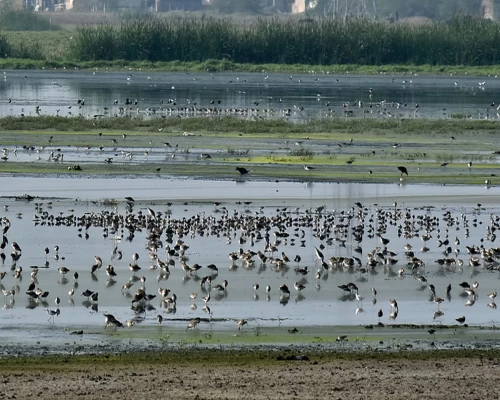
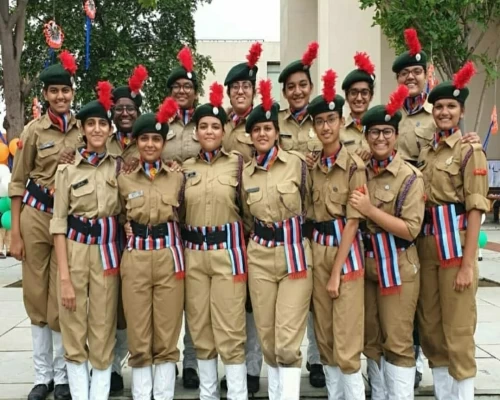
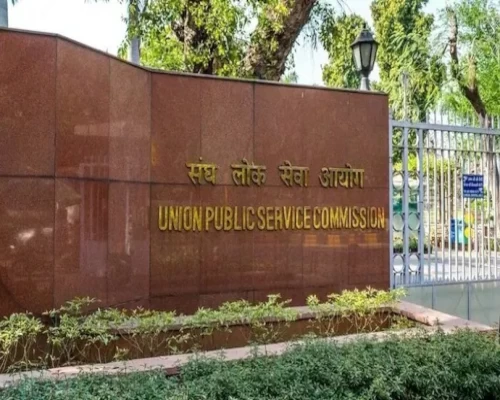



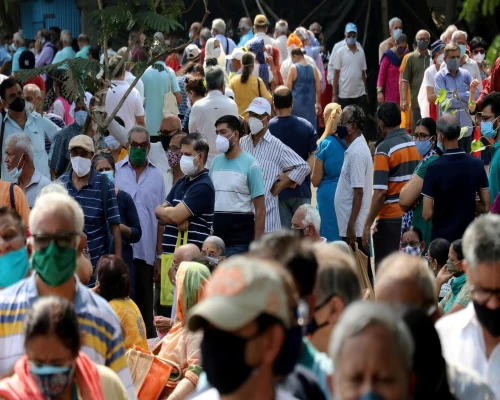
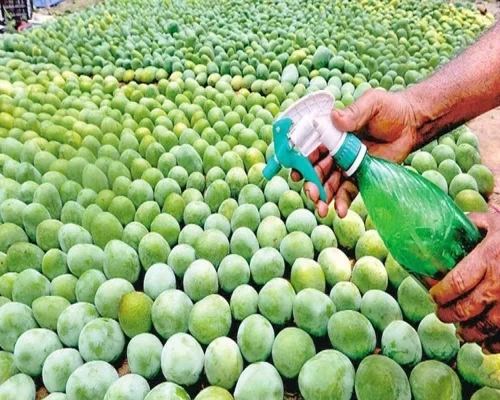
 (13)_500_x_400.webp)